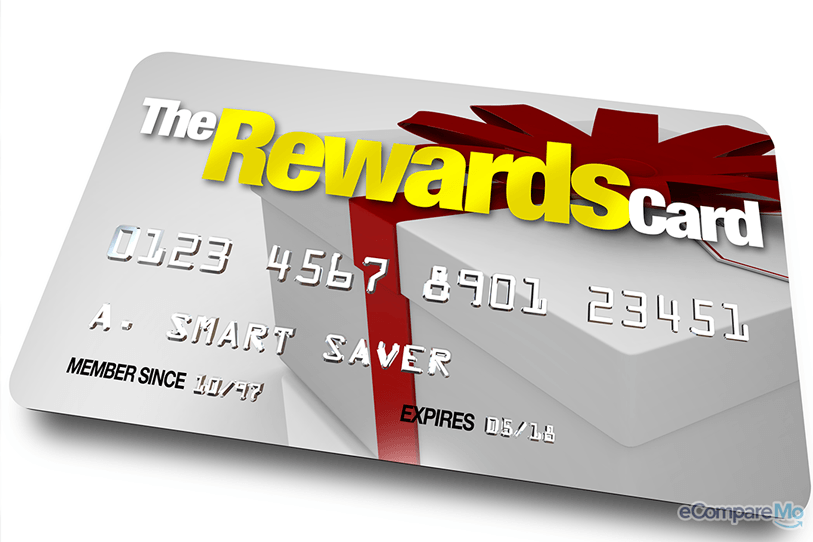Outsmart Supermarkets: Grocery Cost-Cutting Guide
2 min readGrocery expense is one of the basic considerations in your monthly budget – and it is relatively one of the most expensive. Typical grocery trips cover buying food, toiletries, and other items related to home usage.
Is there a way you can save significant amount of money without compromising your needs? Here are some cost-cutting tips to manage your grocery expense wisely:
-
1) Plan before hitting the supermarket.
Rule of thumb before spending: plan always! This good old trick will help you determine if your allotted budget can accommodate all the items you need to buy. Create a grocery list and a meal plan, too. Itemize and indicate specifically how many you need per item. Importantly, you must strictly stick to the plan!
-
2) Make it a 2-week cycle.
Doing grocery every two weeks is a smart move. This lessens the chance of perishable items going to waste. Plus, you get much fresher goods. It is also a leeway in case there are sudden changes in preference and lifestyle.
-
3) Beware of labels.
Check the expiry date. Ensure that all the items you buy will last until your next grocery schedule. Accidentally buying expired items can also put your money in the trash bin.
-
4) Experiment and start comparing prices.
Some supermarkets sell goods cheaper than others. Do a grocery hopping near your area on your free time to canvass prices. You may also conduct an experiment: sum up the cost of your shopping expense on a particular store, then on another. The lowest average is the best bet for your regular grocery.
-
5) Get a reward card.
After you’ve figured out your more affordable go-to supermarket, avail their membership card or reward card. These give you more shopping privileges such as holiday freebies, as well as reward points, which you can use to buy items.
-
6) Avail store brands.
Most consumers are brand-particular. But know that the prices of whatever item you buy is affected by branding. The more established the brand, the more expensive a product is. But many store brands can offer the same quality as branded ones at a lower price. So stop shying away from store versions and think economic.
-
7) Make cash your only payment option.
Stop swiping that credit card! Bringing the money you only need helps you think twice before hastily grabbing grocery items from the stalls and onto your shopping cart. Doing so leaves you no choice but to stick to your list. This can also help you steer clear from unwanted credit card debts.
-
8) Prepare your own meals.
Ready-to-eat foods are a big no-no if you want to save money. The more prepared the food is, the more pricey it is. Take extra time to make your own meals. They aren’t only cheap, but they are also better for you because you get no preservatives and other unhealthy additives.
-
9) Watch out for sale and discount.
Every smart buyer know this drill. Low prices mean savings and more value for customers. Look out for advisories from supermarkets and grocery outlets near you. But you better be cautious when buying on sale though. Some stores put products on sale because of near-expiration.
Double-check the quality of products you will buy on sale first, especially for food items and perishable goods.
Proper planning and budget allocation will save you from paying for unnecessary expenditures. Consider these steps and start saving big.









